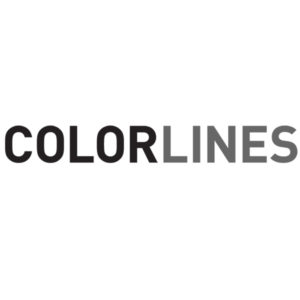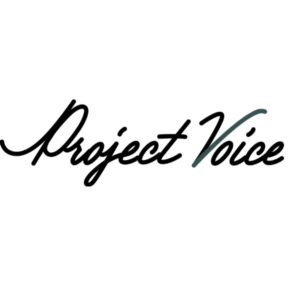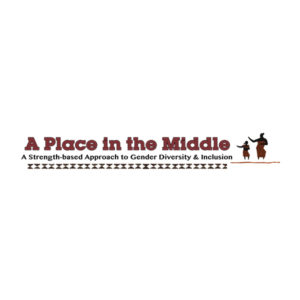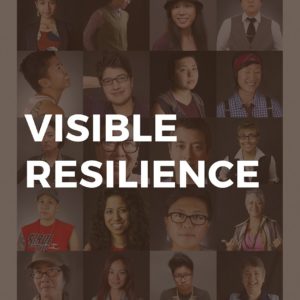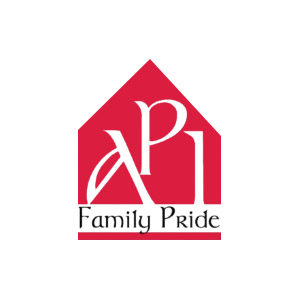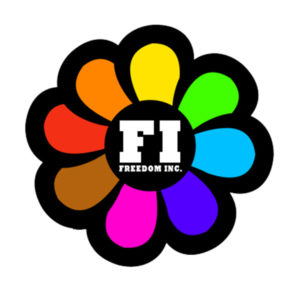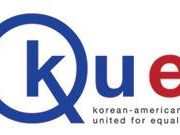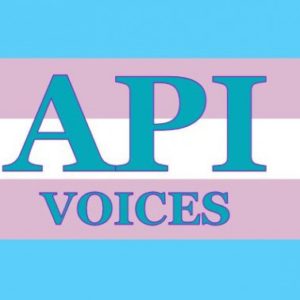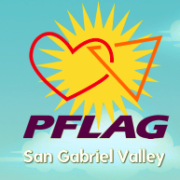Project Voice (Podcast)
/by JingyYorkA Place in the Middle
A PLACE IN THE MIDDLE is the true story of a young girl in Hawaiʻi who dreams of leading the boys-only hula group at her school, and a teacher who empowers her through traditional culture. This kid-friendly educational film is a great way to get students thinking and talking about the values of diversity and inclusion, the power of knowing your heritage, and how to prevent bullying by creating a school climate of aloha – from their own point of view!
Visible Resilience Book
Powerful emotional intimate portraits fill the pages of this retrospective of the Visibility Project. Visible Resilience is a true reflection of the queer Asian American Pacific Islanders. It is focused on uplifting the experiences and nuances of women, transgender, and gender nonconforming communities. Blending self identification around gender, sexuality, cultural, racial, and ethnicity in cities throughout the US.
API Family Pride
The mission of Asian and Pacific Islander Family Pride is to end the isolation of Asian and Pacific Islander families with lesbian, gay, bisexual and transgender members through support, education, and dialog.
Website
Contact: info@apifamilypride.org
Chinese Rainbow Organization
Chinese Rainbow Association (CRA) is a gay Chinese social support organization based in Los Angeles, California. CRA was established by volunteers to meet the unique needs of the gay Chinese community in Southern California in 1996. Our mission is to promote friendship and unity, provide assistance, and foster social and political awareness among the gay Chinese. Most of our members are gay Chinese and many came originally from China, Taiwan, Hong Kong, and other parts of the world. CRA is striving to become a home away from home to our members, especially to new comers (new immigrants and those newly out of closet). We have also been working with many local and international gay organizations to coordinate our efforts to advance our common causes over the years. CRA organizes a monthly meeting/party usually on the last Saturday of every month. We also sponsor other fun and interesting events. The official functions at the monthly meetings are conducted in Mandarin and English. We welcome gay Chinese and everyone else who supports our cause.
Website
Contact: cra_la@yahoo.com
Freedom, Inc
Freedom, Inc is a grassroots organization with a vision of creating and building a world we want to live in. Starting as the Asian Freedom Project in 2000, it created youth-led collective learning groups to organize and mobilize on issues that affected their daily lives.
In 2003, Freedom, Inc became an official non-profit organization. Since then, our work has grown to include people from other communities. Our mission is to engage low- to no-income communities of color to end violence against women folks, gender non-conforming folks, and young folks, which bring about deep social, political, cultural, and economic change. We organize around the root causes of violence, creating new definitions and solutions, and empowering all community members as agents of change to inspire and restore power of those most affected. We do this through leadership development and community organizing, in ways that are language-gender-generation and culture-specific to women, gender non-conforming, and youth, in African American and Southeast Asian families.
Website
Contact: kabzuagvaj (at) gmail (dot) com
Korean-Americans United for Equality (KUE)
KUE (Koreans United for Equality) is an alliance of multigenerational straight and LGBTIQ Koreans. Mission: To increase the visibility of LGBTQI Koreans within the Korean community as well as the gay community. To provide resources in the form of information, news, announcements, and spaces for LGBTQI Koreans as well as the friends and family of LGBTQI Koreans. To promote education of LGBTIQ-related issues and dispel negative stereotypes of the LGBTIQ community within the Korean community.
transAPI Voices
“I’ve struggled with gender my entire life but I always pushed it to the back of my mind in fear of the backlash from my family and friends; last year I began to address my struggles. I embarked on the journey to discover who I am, I yearned for a role model or just someone that understood my personal struggles, which were very specific. I was negotiating gender identity combined with a Vietnamese family and cultural background. Because I was born and raised in Kentucky, it was challenging to find people or resources in my community. Even searching online with an abundance of resources for trans folks, it was challenging to find information on being Asian and trans. I felt very isolated.
As I started meeting more trans and gender diverse Asians and Pacific Islanders (APIs), I began hearing similar narratives to my own. We felt lonely and isolated. I realized that I could continue looking for a role model or I can be that role model just by putting myself out there. What better way than through YouTube. So, I asked a few of friends that I knew felt similarly, and transAPIvoices was created.”
transAPIvoices is a collaboration channel of trans and gender diverse Asians and Pacific Islanders from all over the U.S. This channel is for to us share narratives and experiences navigating and negotiating our identities. We created this online space because of the difficulty finding narratives similar to our specific experiences being trans/gender diverse and API. We hope this channel can be used as a tool, to create a support system and community, and to show other trans and gender diverse APIs that you are not alone.”
— Jayden Thai // Founder transAPI Voices + Visibility Project Participant in 2012
SAN GABRIEL VALLEY API PFLAG
The influx of both foreign-born and second generation APIs prompt those in the the social and mental health services an increased level of concern, as they attempt to accommodate the needs of a culture of individuals who generally avoid the use of their services. Development of a culture-specific framework for delivery of services is a matter of ongoing research and strategic implementation. In providing access to a culturally-specific resource, the variety of cultural representations of the API community must be taken into consideration: the differences in faith, educational level, socio-economic status, health condition, political ideology, past or current military background, home language, sexual orientation, gender identity, and generational and acculturation levels. Being lesbian, gay, bisexual, or transgender (LGBT) and/or having an LGBT family member in the API community is not a new phenomenon.
MISSION
The Visibility Project uplifts stories and images of the national queer Asian Pacific American women and transgender community. We seek to change the narrative of our present and past by sharing our histories.

